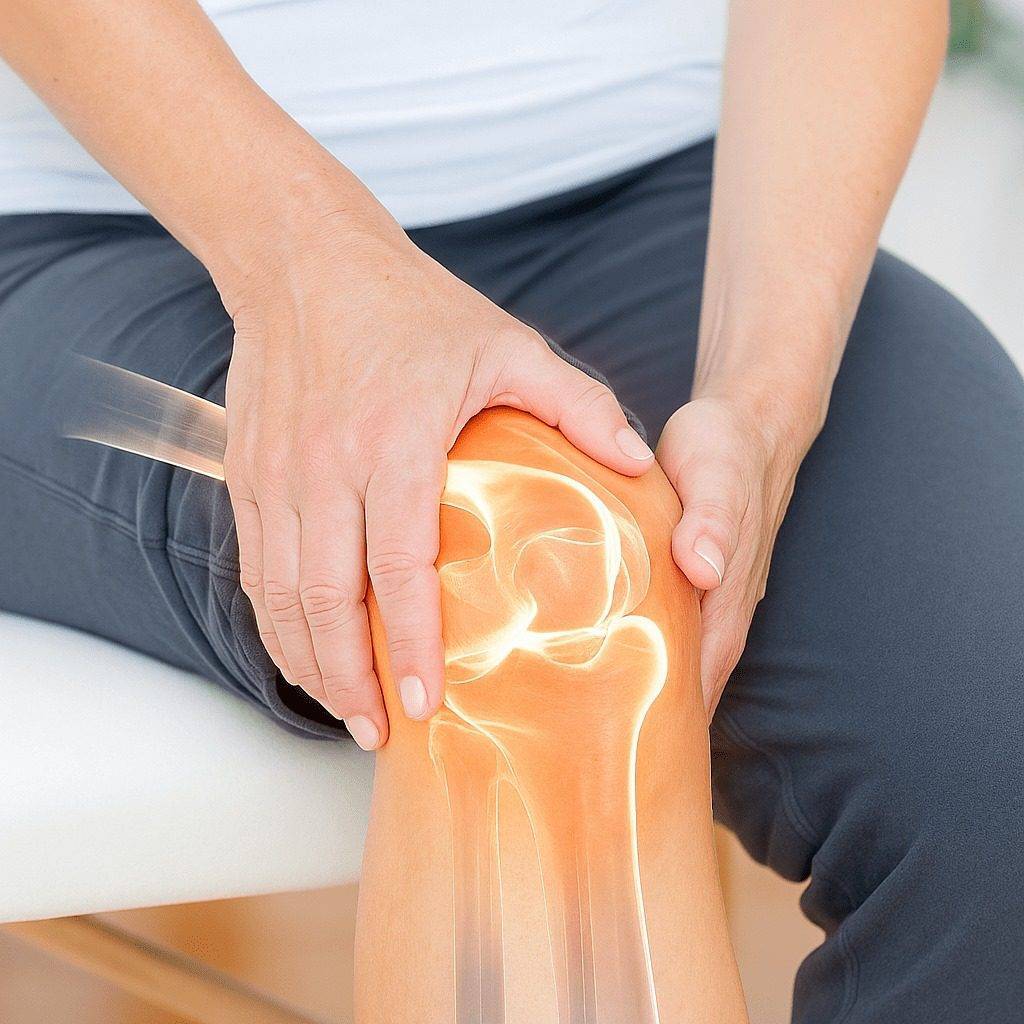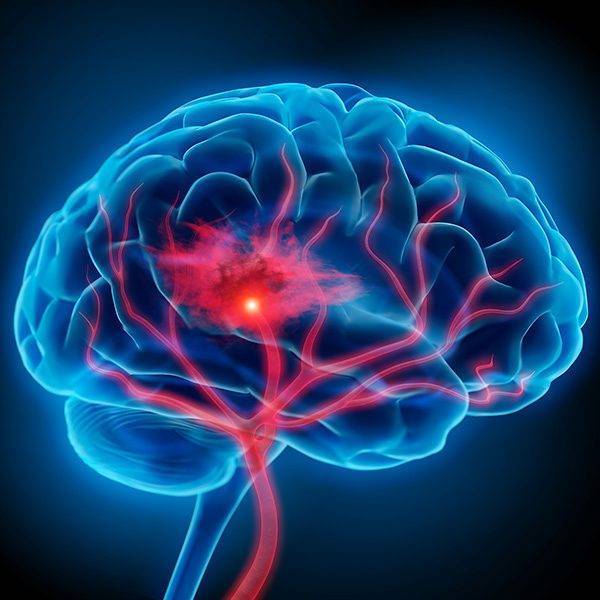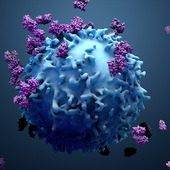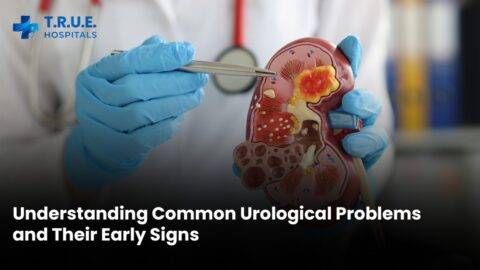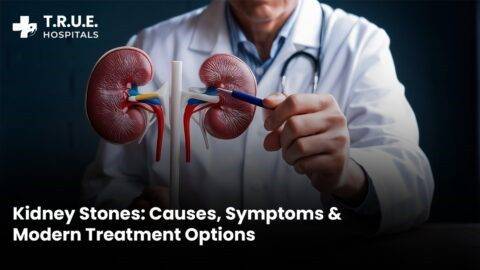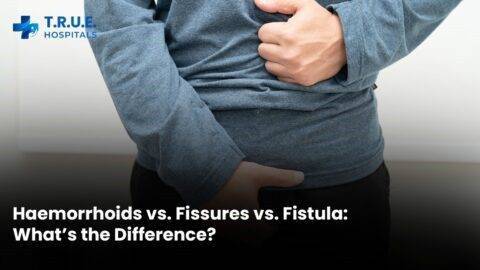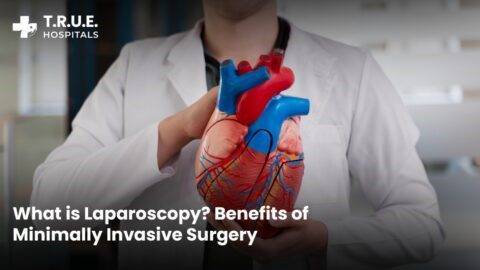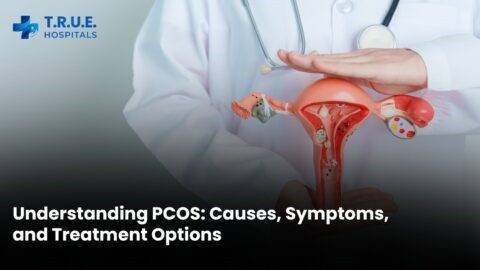Expert Care,
Every Step of the Way
Explore our array of services designed to meet your unique health needs

Book an Appointment
Health
Checkup
Book an
Appointment
Find
a Doctor
Nurturing Wellness, Ensuring Care to you
Explore our array of services designed to meet your unique health needs
Why T.R.U.E Hospital?
Top Surgeons
Super Specialists
PATIENT – FIRST APPROACH
WORLD-CLASSINFRA
CARE BUDDY 24*7
ICU, NICU
DAY CARE
AFFORDABLE TREATMENT
Book an Appointment
Why T.R.U.E. Hospital?
Why
Choose
Us ?
Top Surgeons
Patient- First Appoach
World Class Infra
Affordable Treatment
ICU, NICU Day Care
Care Buddy 24*7
Our Specialities

LAPAROSCOPY

GYNAECOLOGY

VASCULAR

LAPAROSCOPY

GYNAECOLOGY

VASCULAR
Our Specialities

UROLOGY

PROCTOLOGY

ORTHOPEDICS

LAPAROSCOPY

GYNAECOLOGY

VASCULAR
View Less
Patients Stories

शिव
स्टाफ का व्यवहार भी बहुत ही विनम्र और सहयोगी था। हॉस्पिटल की साफ-सफाई और सुविधाएं काबिल-ए-तारीफ हैं। हमें किसी भी चीज़ की कमी महसूस नहीं हुई। सच में यह एक भरोसेमंद अस्पताल है।

Arnav Mittal
Dr. Yogesh was excellent during my kidney stones treatment. He explained everything clearly and the treatment went smoothly. Truly skilled and caring.
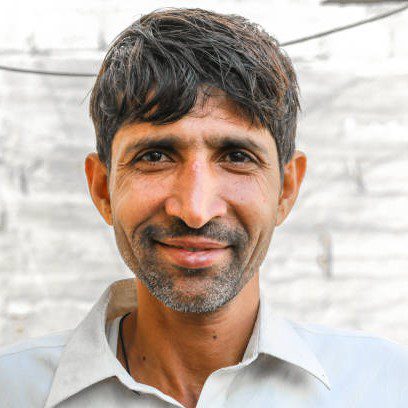
गौतम
मेरी माँ की सर्जरी हुई थी और पूरा प्रोसेस बहुत ही स्मूद रहा। डॉक्टर ने हर स्टेप पर हमें समझाया और विश्वास दिलाया। बहुत अच्छा अनुभव रहा।

Priyansh
Dr. Jaiprakash treated my father's diabetes complications. His attention to detail and follow-up care were exceptional.

सुमन
T.R.U.E. हॉस्पिटल में बहुत अच्छा मातृत्व देखभाल मिला। डॉक्टर बहुत ही दयालु, धैर्यवान और अनुभवी थीं। उन्होंने मेरी बहू की डिलीवरी सुरक्षित तरीके से करवाई। इससे बेहतर देखभाल नहीं मिल सकती थी।

Deepak
One of the best hospital experiences I’ve had. T.R.U.E. Hospitals combines modern infrastructure with compassionate care.

संगीता
यहाँ का इलाज बेहतरीन है। डॉक्टर और स्टाफ दोनों ही सहयोगी और विनम्र हैं। T.R.U.E. हॉस्पिटल सच में भरोसेमंद है।

Prem
Because of T.R.U.E Hospitals my migraines are finally under control after years of suffering. Great diagnosis and care.
Meet Our Doctors

Dr. Yogesh Taneja
MBBS, MS - GS, DNB Urology

Dr. S. C. Sharma
MBBS, MS - General Surgeon
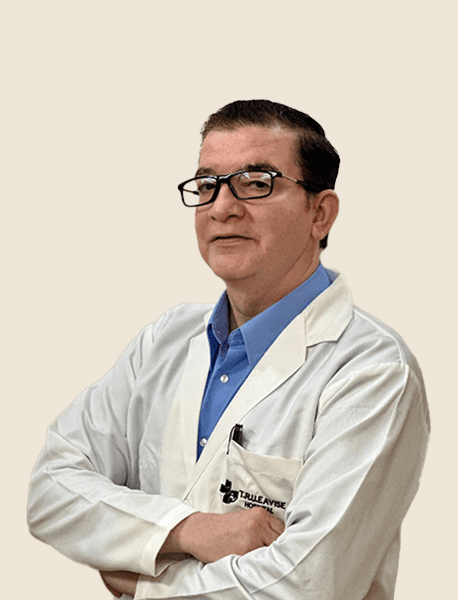
Dr. H S Madan
MBBS, DNB - Orthopedics

Dr. Sunita Mor
MBBS, MS - Gynaecology

Dr Saurabh Sharma
MBBS, MS, Mch
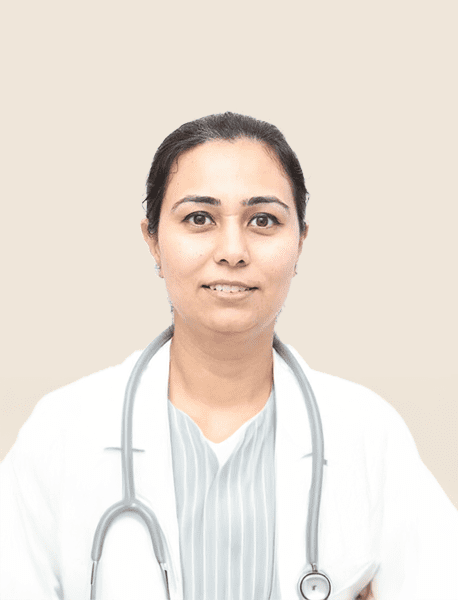
Dr. Anshika Lekhi
MBBS, MS, Mch
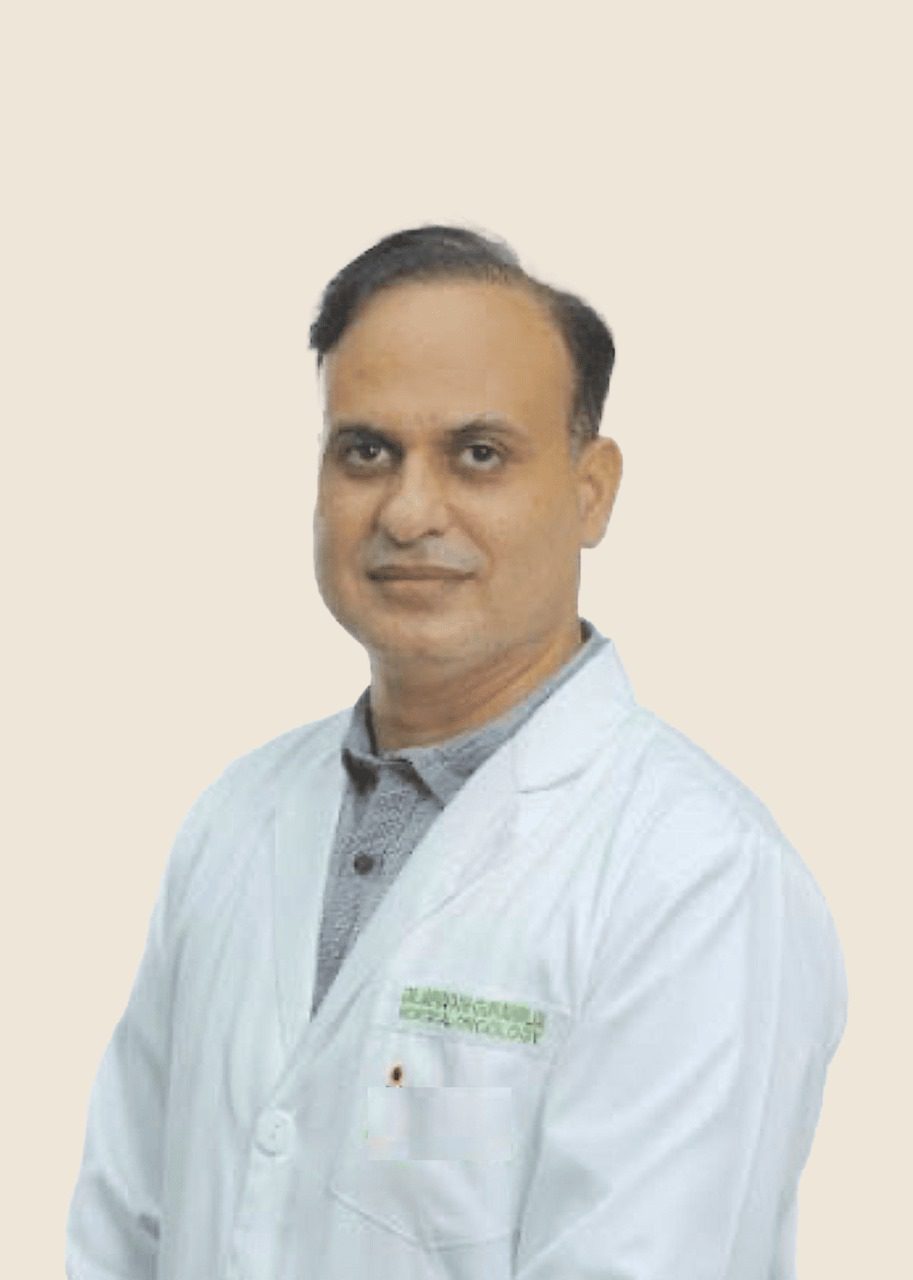
Dr. Jaiprakash Guruwalia
MBBS, MS, Mch Oncosurgery

Dr. Tapan S Chauhan
MBBS, MS , Mch Oncosurgery, MRCS

Dr. Surbhi Gupta
FNB, MBBS, MS- Gynecology
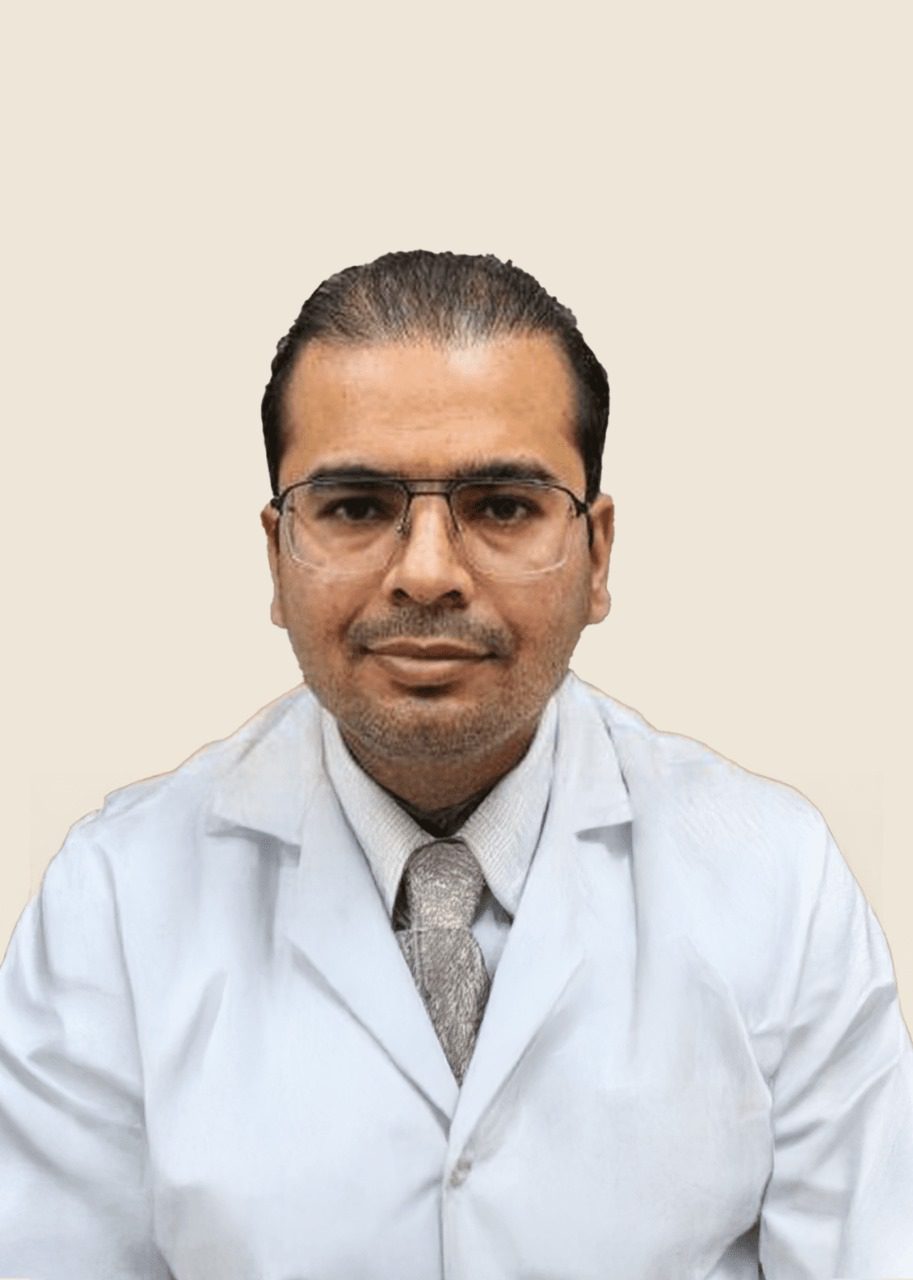
Dr. Vijay Dureja
MBBS, MD - Anaesthesiology

Dr. Yogesh Taneja
MBBS, MS General Surgery, DNB Urology

Dr. S.C. Sharma
MBBS MS - General Surgeon

Dr. H. S. Madan
MBBS, DNB Orthopedics

Dr. Sunita Mor
MBBS, MS

Dr. Saurabh Sharma
MBBS, MS, Mch

Dr. Anshika Lekhi
MBBS, MS, Mch

Dr. Jaiprakash Guruwalia
MBBS, MS, Mch
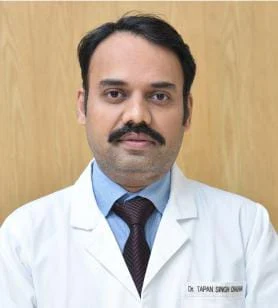
Dr. Tapan Singh Chauhan
MBBS, MS, Mch
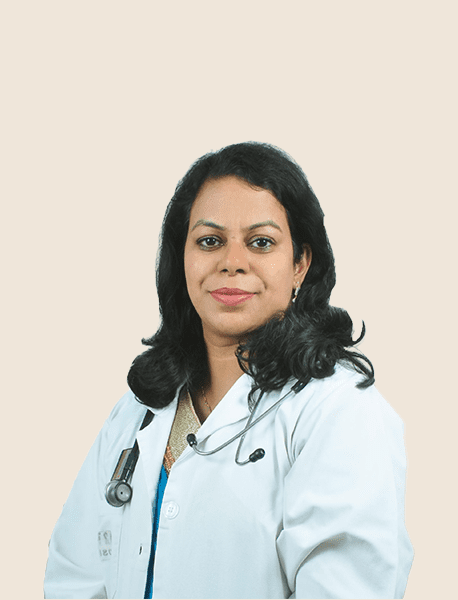
Dr. Surbhi Gupta
FNB, MBBS, MS - Gynaecology

Dr. Vijay Dureja
MBBS, MD - Anaesthesiology
Surgeries We Perform
View More
View Less



